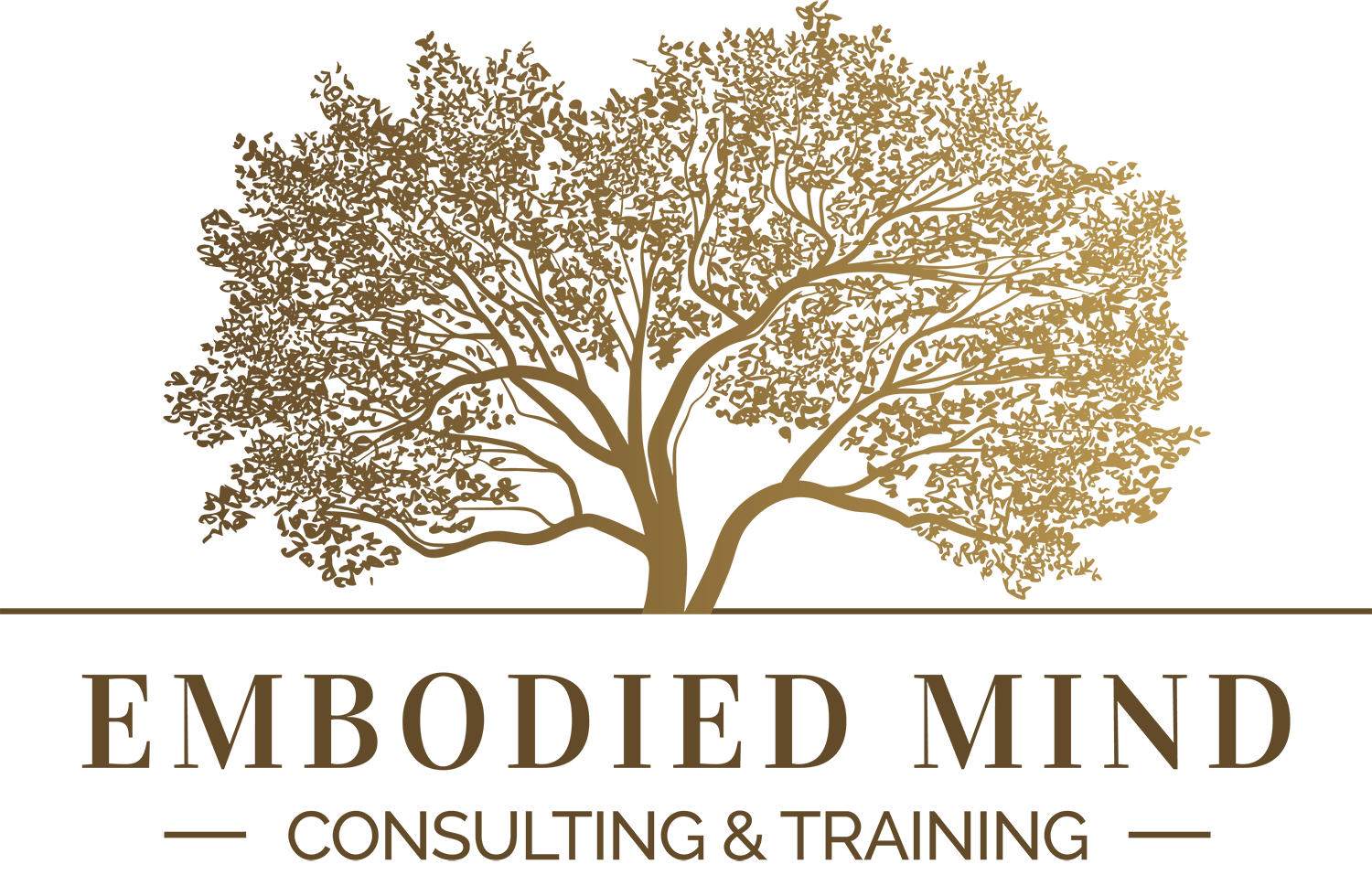WHAT DOES COLLEGIAL LEADERSHIP HAVE TO DO WITH SUSTAINABLE DEVELOPMENT?
At first glance probably not much. But like in many cases this may be a question of perspective. In the following, I want to think out loud and make connections visible.
Collegial Leadership is a form of Agile Organisation Development. It is based on a systemic-integral mind-set and allows for development steps of an organization to unfold in an open process. Contrary to specific agile methodologies, the Collegial Leadership approach enables the step by step introduction of Agility while testing various solution pathways. The top leadership defines, how far Agility and self-organisation may be introduced. The staff decide through the pull-principle, which leadership roles and how much of those they will take over. There is a variety of tools, which self-organised teams can utilize. And according to the systemic-loop these tools are tested, accepted, adapted, or rejected iteratively. Becoming agile is a learning process in which the staff and teams learn to learn, decide, make mistakes, take responsibility, and become self-effective.
The Collegial Leadership approach does consciously not market itself with promises of higher efficiency but places the lived values and attitudes at the centre. For what purpose do the managing directors want to create a more agile company? In my point of view, this form of organizational development makes most sense, when we are looking for new forms of collaboration on eye level. When leadership is no longer understood as a position but as a role. And when the people in the organization are connected by a collective purpose and creativity. For me, organizational development along the principles of Collegial Leadership is a possibility for creating future-fit organizations – based on a level of maturity that cares for the well-being of all species on this planet. And creating a form of agility (meaning adaptability) that enables us to consist in a VUCA world.
No organizational development approach can by itself create a higher maturity and mind-set in an organization. However, the introduced structures, processes and tools form a condition for more mature mind-sets to unfold – e.g. like cooperation and co-creativity instead of competition; dialogue (in the sense of a learning conversation) instead of debate (in the sense of defending one’s own point of view); learning and adapting instead of strict regulations, eye-level instead of power- and status-games, trust instead of control.
In the long-term, humanity will only survive if we fundamentally question the way in which our economy currently exploits our global resources. This also encompasses the way we collaborate and create, including the values we put in the foreground. And this is my transition to the topic of Sustainability, as here, too, we need a re-thinking of the core goals that we currently pursue globally. We need to understand that we cannot rate the economic development higher as the social and ecological. And we need a sustainable economy, as the various existing models are already describing, like the concept of Circular Economy, the Economy for the Common Good or the Doughnut Economy.
The term Sustainable Development and Agenda 21 were introduced at the World Global Conference in 1992 in Rio de Janeiro, which led to the development of Sustainable Development Goals in 2015. Below a statement of the United Nations:
„The 2030 Agenda for Sustainable Development, adopted by all United Nations Member States in 2015, provides a shared blueprint for peace and prosperity for people and the planet, now and into the future. At its heart are the 17 Sustainable Development Goals (SDGs), which are an urgent call for action by all countries - developed and developing - in a global partnership. They recognize that ending poverty and other deprivations must go hand-in-hand with strategies that improve health and education, reduce inequality, and spur economic growth – all while tackling climate change and working to preserve our oceans and forests.”
Since the Rio-conference the United Nations member states have committed to achieving goals for sustainable development – with no real commitment in putting those into practice. There have been some measures and several follow-up conferences. Today, 30 years later, the world is more endangered than ever before. I don’t think that we can take small steps to save the world. We will need stronger normative changes, meaning laws and regulations that will turn sustainable businesses into a standard (and not a luxury).
However, I also believe in the power of lived successful examples, in which people and organisations decide to include social and ecological sustainability goals into their business model. Those are the Zebra-Start-ups and the social and ecological companies that are already attracting people. I also believe in the models that more and more companies decide to incorporate, e.g. by testing and publishing the companies’ Common Good Impact.
Here, I turn my initial question to a thesis: I think that future-fit organisations and future-fit societies and ecosystems are connected. I believe that the Collegial Leadership approach can create the conditions for organisations to increase their capability to reflect and create more sustainable business approaches. We can no longer try to only save ourselves. On this ship called planet earth we all sit it the same boat. And so, the future is our future. And, in my view, we will only get there co-creatively.
As a first step in our small universe of the Gilde Agile Organisation Development, we formed a circle around “Sustainability and Organisation Development” on March 26th, 2021. Here, we connect amongst consultants who want to contribute to a sustainable future as part of their work. I am excited about and enriched by the already growing spaces for thinking and researching – especially as we are becoming co-creative together. So that we can – as practiced on the last Forum of the Gilde – Stand with the Earth.

